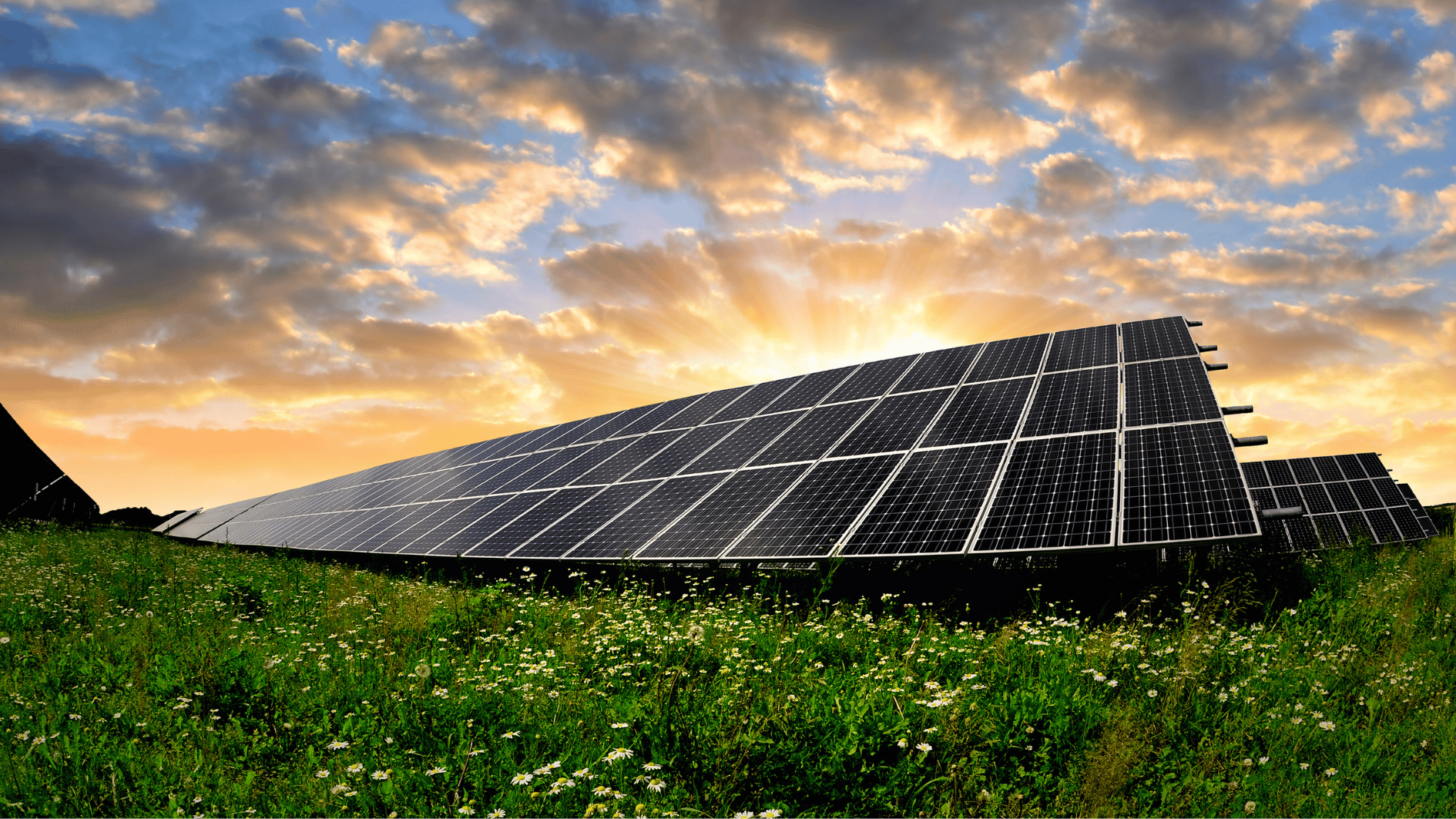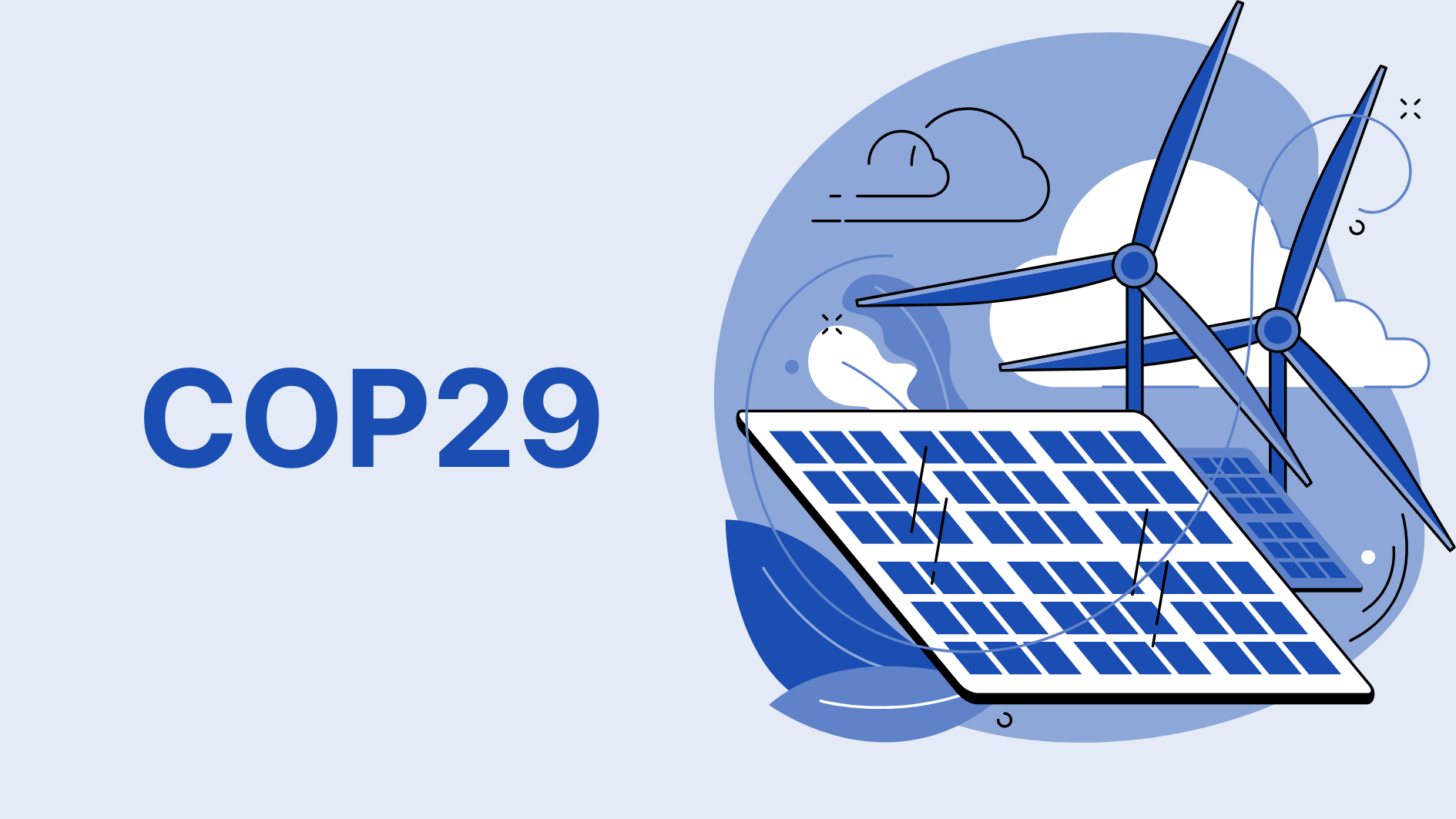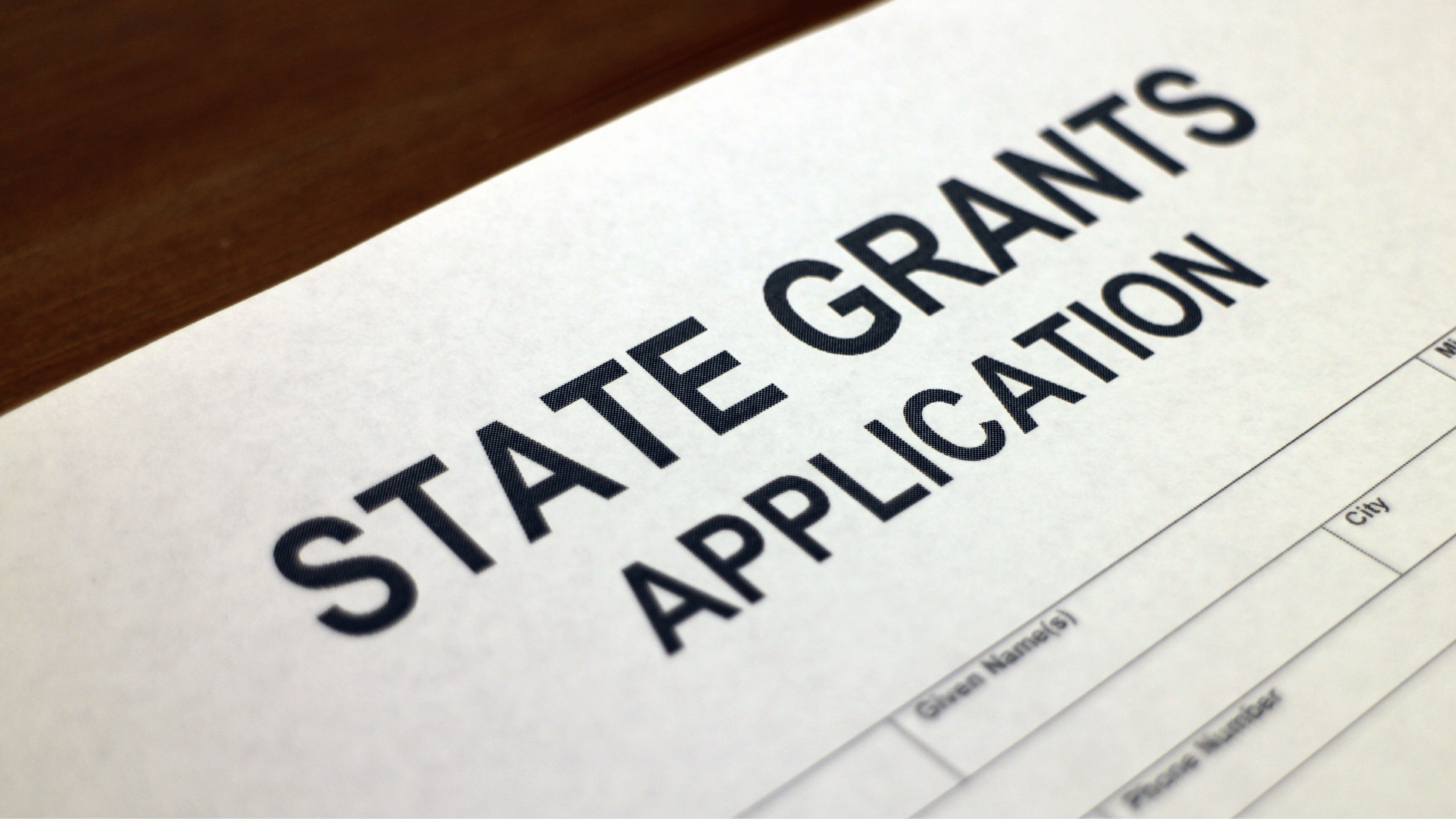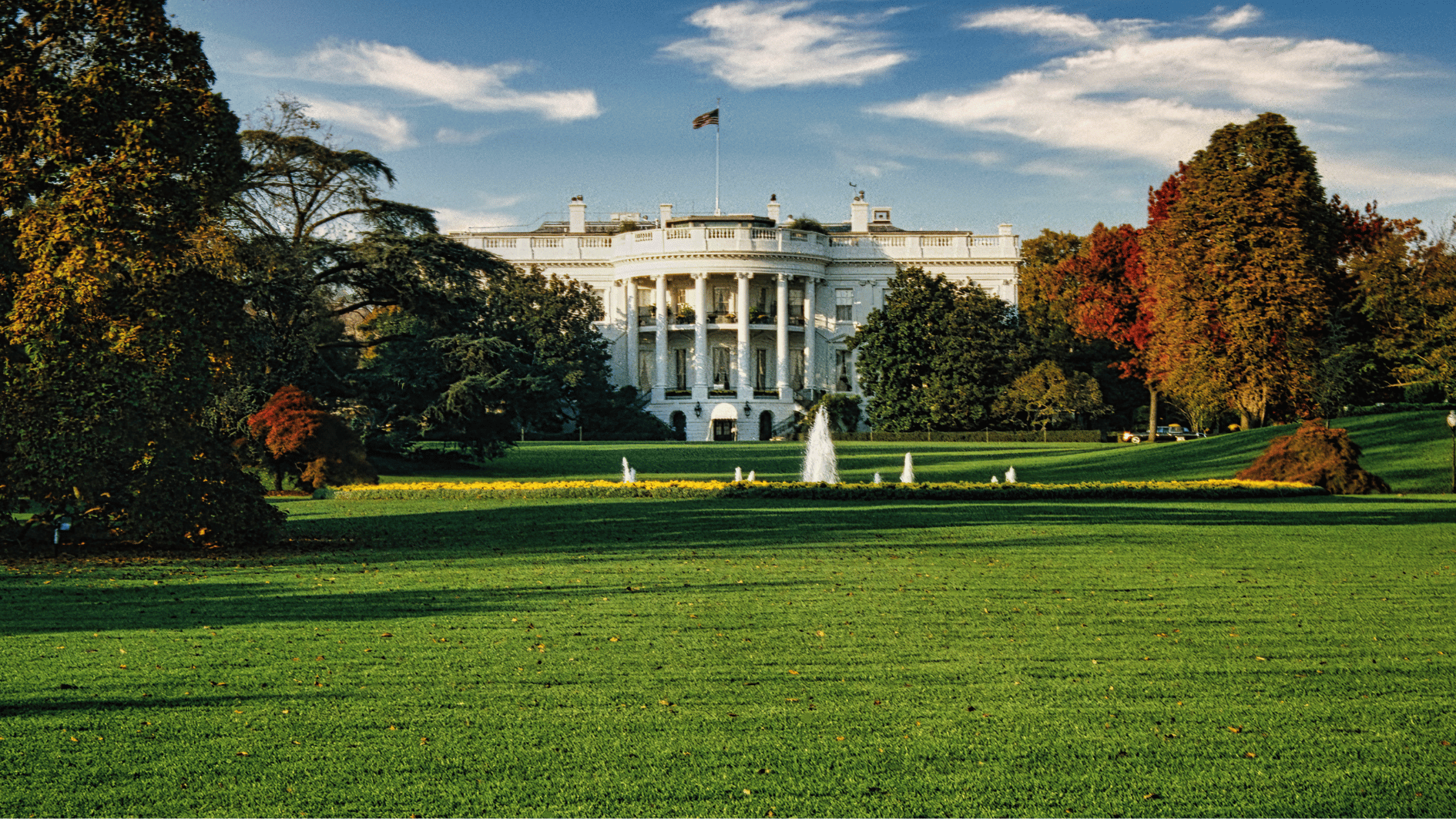Image source: Canva.com
Alaska is confronting a severe gas supply crisis, with a shortage expected soon. Amid this, the state’s Governor is considering the construction of two significant coal plants to support mining operations. At the same time, Alaskans endure some of the highest electricity costs in the United States.
A recent Alaska Environment Research and Policy Center report highlights Alaska’s limited renewable energy adoption. The state currently sources only 2.6% of its retail electricity from renewable sources like solar, wind, and geothermal, placing it 44th nationwide. By comparison, renewable resources contributed 16% to U.S. electricity generation in 2023. The report, Renewables on the Rise 2024, argues that Alaska’s vast clean energy resources are largely untapped, presenting an opportunity for development as federal funding for clean infrastructure projects remains available.
Despite Alaska’s slower adoption of renewable technology, advancements are evident. The state ranks 12th in battery energy storage capacity and has seen electric vehicle (EV) registrations surge by over 5,000% in the past decade, largely due to expanded charging infrastructure. Public EV charging ports in Alaska increased from just one in 2014 to 124 by the end of 2023. Additionally, grid-connected solar, once nearly nonexistent in Alaska, now powers the equivalent of over 2,000 homes.
Data from the Solar Energy Industries Association (SEIA) indicates Alaska has more than 30 MW of installed solar capacity, including 11.9 MW added in 2023, with $19 million invested in solar last year. SEIA projects continued growth in installations through 2029. In a positive policy development, Governor Mike Dunleavy recently signed Senate Bill 152, establishing a framework for community solar projects. The bill was signed at Chugach Electric Association’s proposed 500-kilowatt community solar project, set to become operational next year. Alaska’s largest utility cooperative, Chugach, aims to reduce its carbon emissions to 35% below 2012 levels by 2030 and 50% by 2040, reviving interest in community solar after initial resistance from the Regulatory Commission of Alaska.

Alaska ranks 44th nationally in renewable energy use amid calls for investment
Renewables on the Rise 2024 recommends that Alaska’s government set specific clean energy targets and leverage federal resources to achieve them. The report also suggests that lawmakers and regulators develop policies that adequately reward clean energy investments, streamline permitting processes, and reduce energy waste through enhanced efficiency programs, building codes, and appliance standards.
The report underscores Alaska’s largely unfulfilled potential in clean energy and calls for fully utilizing federal tax credits, grants, and rebates to accelerate Alaska’s transition to a renewable energy future. Alaskans are already benefiting from these incremental advancements, but the report indicates there is significant room for growth to realize a sustainable and resilient energy system.
Source: Renewable Energy World





